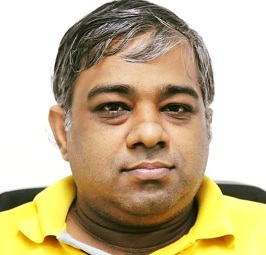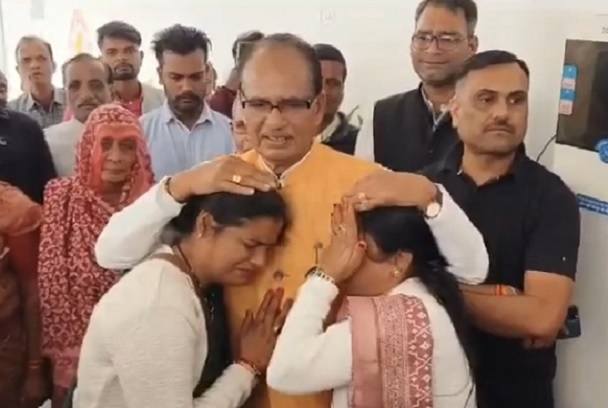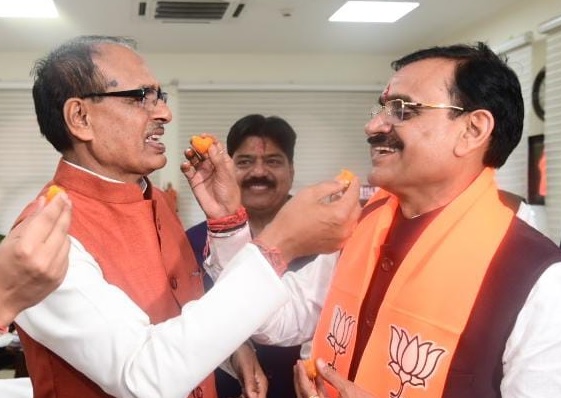Haidargarh Basoda: The princely state that survived for two centuries in Central India
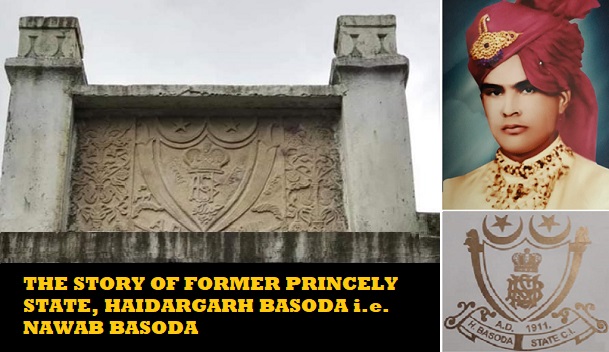
Shams Ur Rehman Alavi
NewsBits.in
BHOPAL: Once it was a princely state, today it's a dot on the map of Madhya Pradesh. Haidargarh-Basoda, a principality, remained in existence for nearly two centuries in the centre of India.
It was also known as Nawab Basoda and is known for its unique history. However, after independence when the state merged and lost its identity, not even made a district and relegated to the status of a town, the place lost focus and its heritage and traditions could not be properly documented.
However, it's well known in history that Nawab Diler Khan was the founder of the State that later got divided into Haidargarh Basoda, Kurwai and Muhammadgarh. The original princely state* had come into being in the year 1713 AD, [and was later carved into three separate states]. Mughal power was weakening after nearly 190 years.
It was during the reign of Emperor Farrukhsiyar, the great grandson of Aurangzeb, that Nawab Diler Khan managed to establish his principality in this region. The death of Nawab Diler Khan is recorded in the year 1732. After him, it was his son Nawab Izzat Khan who succeeded.
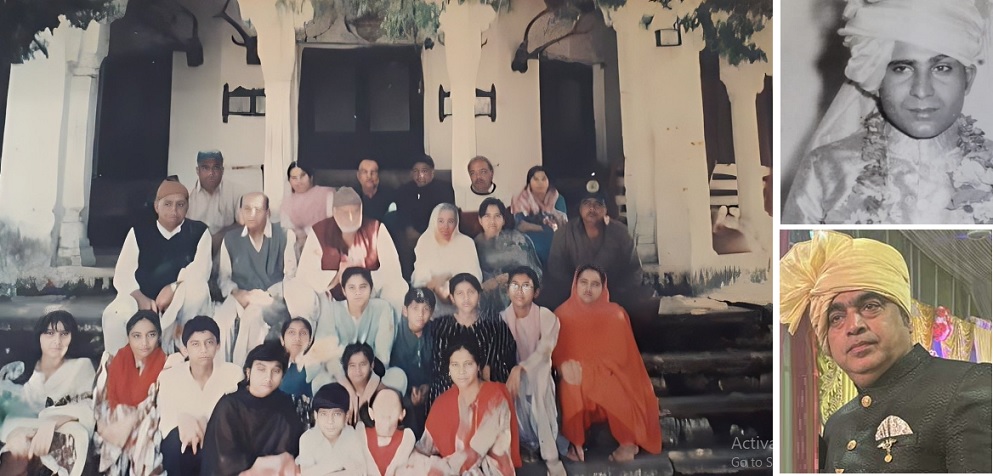
However, Nawab Izzat Khan and his younger brother Ahsan Ullah Khan had the territory divided. The latter, Nawab Ahsan Ulla Khan also divided his state into two parts, one of which was known as Haidagarh Basoda or Nawab Basoda. The Basoda state came into being in early 1750s.
After Nawab Ahsan Ulla Khan's death in 1790, his son Nawab Wakaullah Khan remained the chieftain but he died five years later. His wife was regent and the minor son Nawab Asud Ali Khan became the ruler when he attained the rightful age. It was during this period that the first war of independence or mutiny [as British termed it] took place.
Nawab Asud Ali Khan passed away in 1864. He was succeeded by his son Nawab Omar Ali Khan who was an author and a traveller. He went across the world and wrote about his visits. He passed away in 1895. He was succeeded by his son Nawab Mohammad Haidar Ali Khan.
It was during this period that the state became known as Haidargarh. Then, Nawab Masood Ali Khan became Nawab and after a three year stint, state got merged when India became independent. The title remained. After 1971, privy purses were abolished. He passed away in 1976.
"After our grandfather Nawab Masood Ali Khan, his son Nawab Kiswhar Ali Khan succeeded him", says Siddiq Ali Khan, a descendant of the family. 'My father Anwar Ali Khan is the younger brother of Kishwar Ali Khan", he further says. How the family coped with the state was merged?
"Most of the members of our clan took care of the lands. Apart from this, some of us are in different professions", says Khan, who lives in Bhopal. "We had agrarian land and hence the family got engaged in it, though some took jobs and became doctors, engineers. One of our uncles, Bakhtiyar Ali Khan, studied in Cambridge school in Bhopal. My father has also been in politics", Siddiq Ali Khan, further adds.
The Haidargarh Basoda state [now Haidergarh] was spread over an area of over 103 sq km i.e. 40 sq miles. Now, it is located near Gyaraspur town in Vidisha district adjoining Bhopal. Haidargarh, now spelt Haidergarh Basoda, is a civic body. The fort and the family's ancestral palace still stand as testimony to the fact that this small panchayat was once was a principality with a rich history.
[*Originally Nawab Diler Khan established a state in 1713 AD that was later carved into three separate states and Basoda came into being in 1753]





